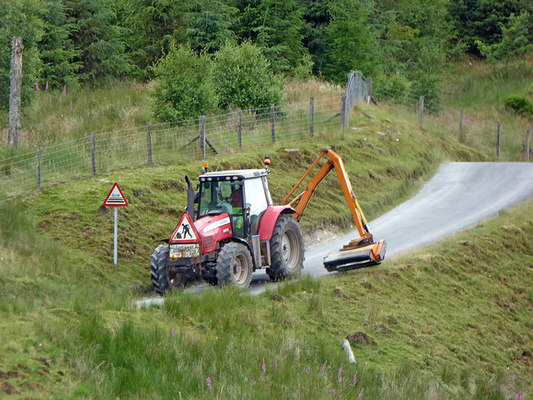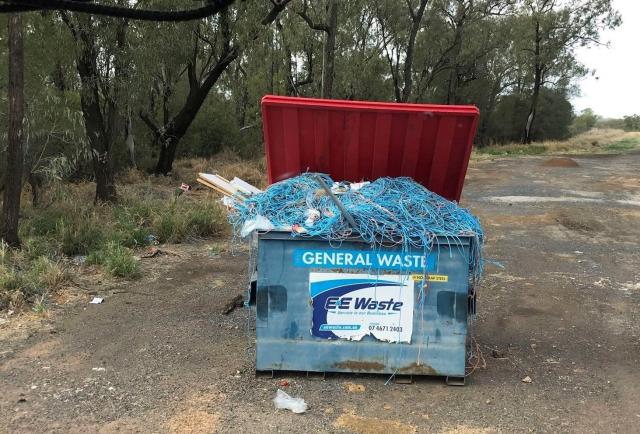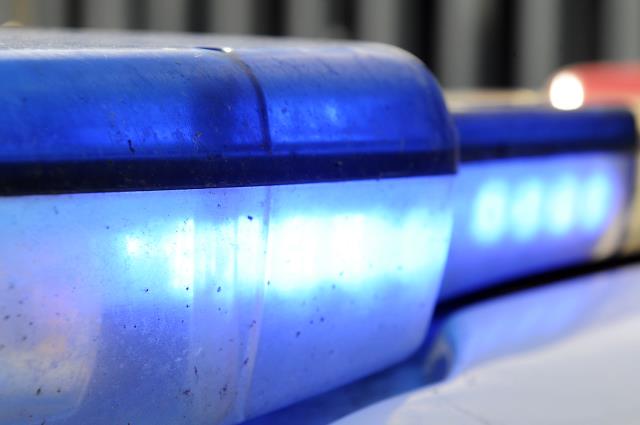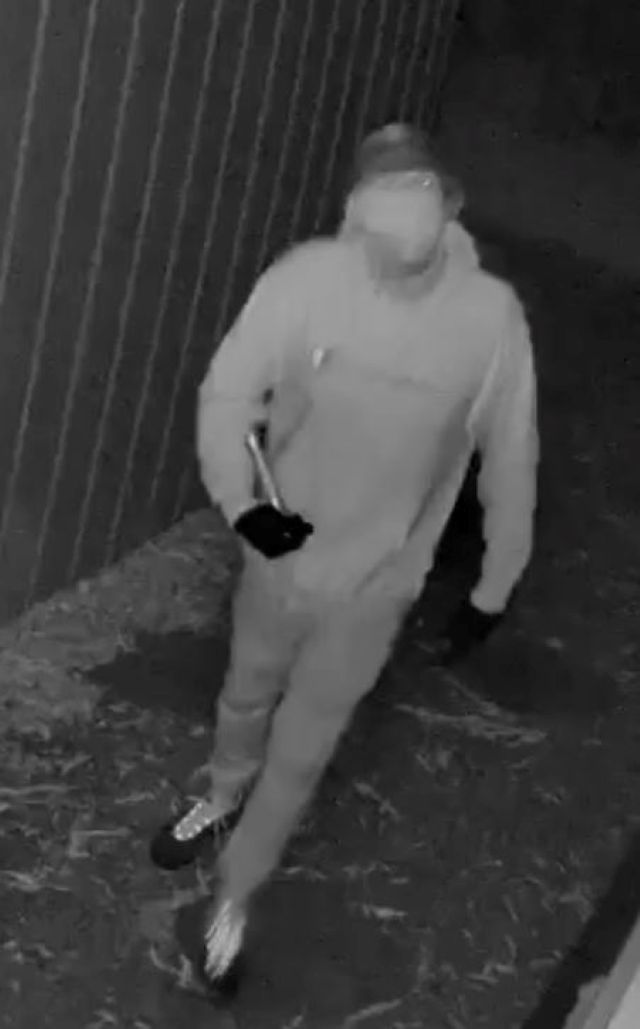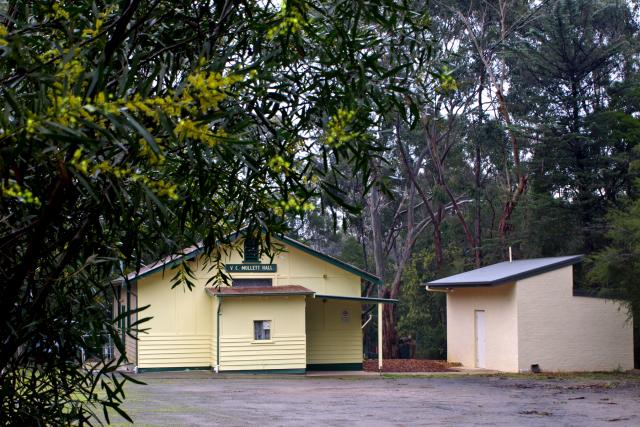Forest Fire Management Victoria (FFMVic) will undertake 212km of roadside slashing and five hectares of township slashing to protect communities ahead of the hotter months this year.
Yarra State Forest, some surrounding park areas and the townships of Powelltown, Wesburn and Reefton are key areas for slashing.
Nigel Brennan, FFMVic district manager Nigel Brennan said, “Our roadside slashing program, which has increased significantly over the last couple of years, targets grass and scrub vegetation that is regrowing next to main forest roads.”
“Roadside slashing not only reduces fuel loads, which greatly improves the effectiveness of the road for planned burning or backburning operations, it also enhances road safety for forest road users by improving sightlines and increasing the usable width of the road.”
The work is carried out using specialised machinery such as tractors with side-arm mowers or excavators with mulching attachments.
“Roadside slashing is an integral part our roading program to enable quick access for vehicles transporting heavy firefighting machinery such as bulldozers and excavators to a bushfire,” Mr Brennan said.
One of the heavy vehicles FFMVic will be using in the upcoming fire season is a Unimog, a specially designed all-terrain tanker that holds up to 4000 litres of water.
The township slashing program involves slashing grass vegetation on areas of crown land that pose a risk to private property.
It’s important carry out this program in late spring and early summer to target the peak growth period of vegetation – If the slashing is carried out too early the regrowth requires follow-up treatment later in summer. Works have just commenced and will be finished in the new year.
“As we undertake slashing and roading works, planned burns are still being monitored for spring. We have recently completed a 6.2 hectare planned burn near Reefton and may undertake another burn in the area weather permitting. Planned burns reduce bushfire risk to communities and protect important community assets and the environment,” Mr Brennan said.

